Desertification: Everything You Need to Know
Published Dec. 29 2020, 4:01 p.m. ET
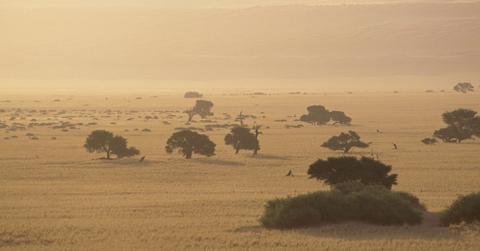
When pollution, destructive storms, soil erosion, or wildfires strike at an area, the lives of the human, animal, and plant life of that area are inexorably changed. Thanks to human-caused climate change, the natural processes that used to take place over centuries can occur within a few decades. Many people might see one of these processes as the ultimate aftereffect of so many destructive environmental conditions, but desertification is something we should be trying to avoid. But what is desertification anyway, and what causes it to occur?
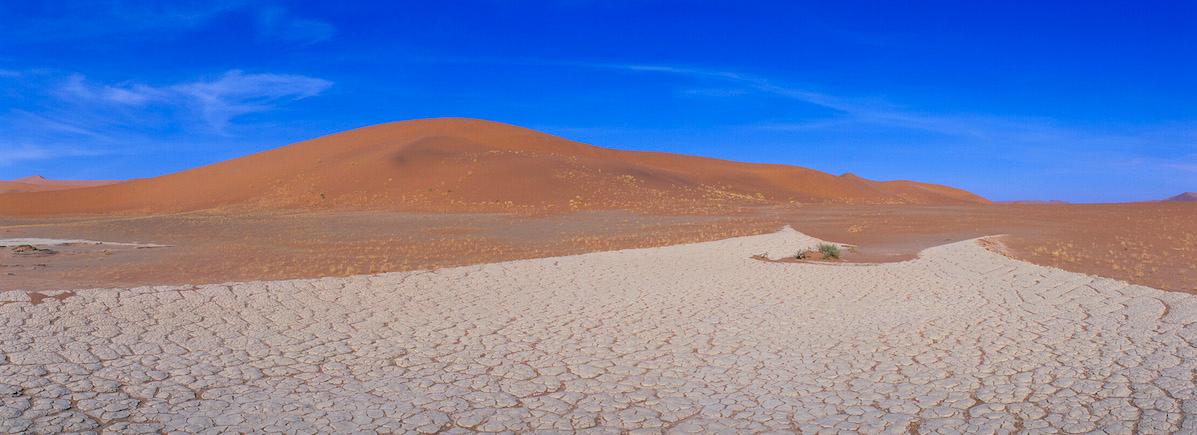
What is desertification?
Desertification, as defined by the U.N. Convention to Combat Desertification, is described as “land degradation in arid, semiarid and dry subhumid areas resulting from various factors, including climatic variations and human activities.” Basically, it's when human activity or another disturbance causes the land in a somewhat dry area to degrade.
This definition applies specifically to drylands, terrestrial regions where water scarcity affects the production of all other resources, including crops, forage, and wood. Desertification can happen on any continent except Antarctica.
Land that has been affected by desertification is mostly unlivable. What’s more, full degradation might mean that it is also unrecoverable. For example, if soil degrades so much that all nutrients are lost, the land may no longer be able to support any life. Degradation is an important word in terms of environmentalism because it can be used to describe so many detrimental environmental conditions.
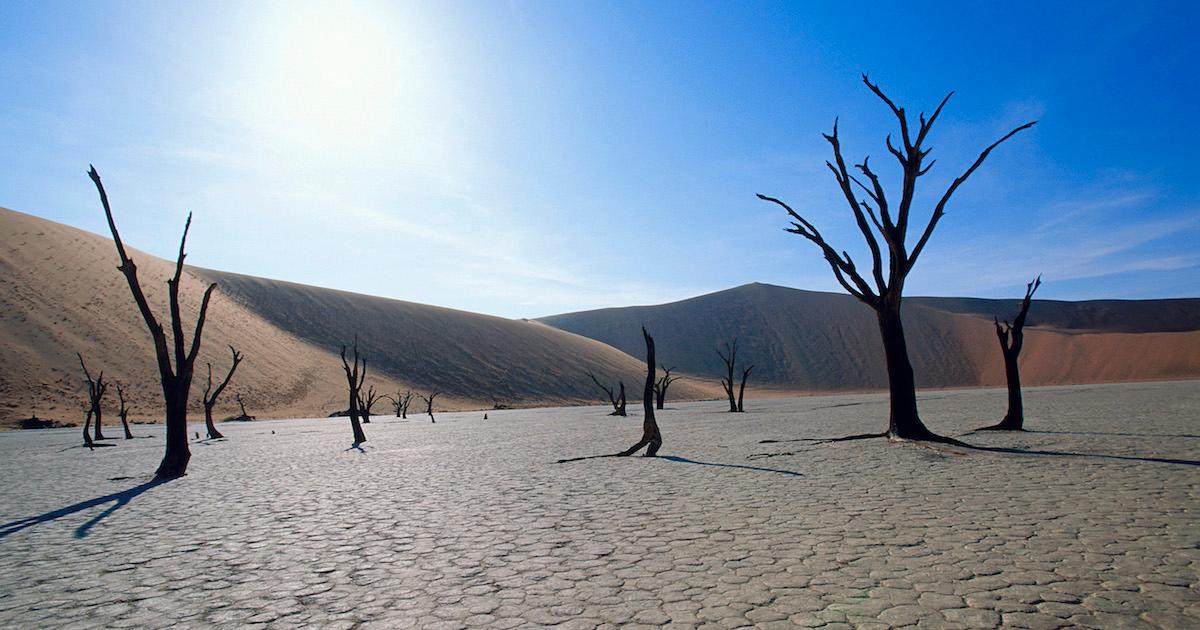
What is land degradation?
According to the Global Environmental Facility (GEF), land degradation is the reduction or loss of biological or economic productivity of a region. It’s one of the world’s most pressing environmental concerns, and it’s getting worse every year. When land is degraded, soil carbon and nitrous oxide are released into the atmosphere. This, in turn, contributes to climate change, as well as desertification.
GEF believes that globally, about 25 percent of the total land area has been degraded. Corroborating scientists recently warned that 24 billion tons of fertile soil were being lost every year. Much of this degradation is due to unsustainable agriculture practices. If things continue at this alarming rate, the belief is that 95 percent of the Earth’s land areas could become degraded by 2050. This data has been corroborated by National Geographic as well.
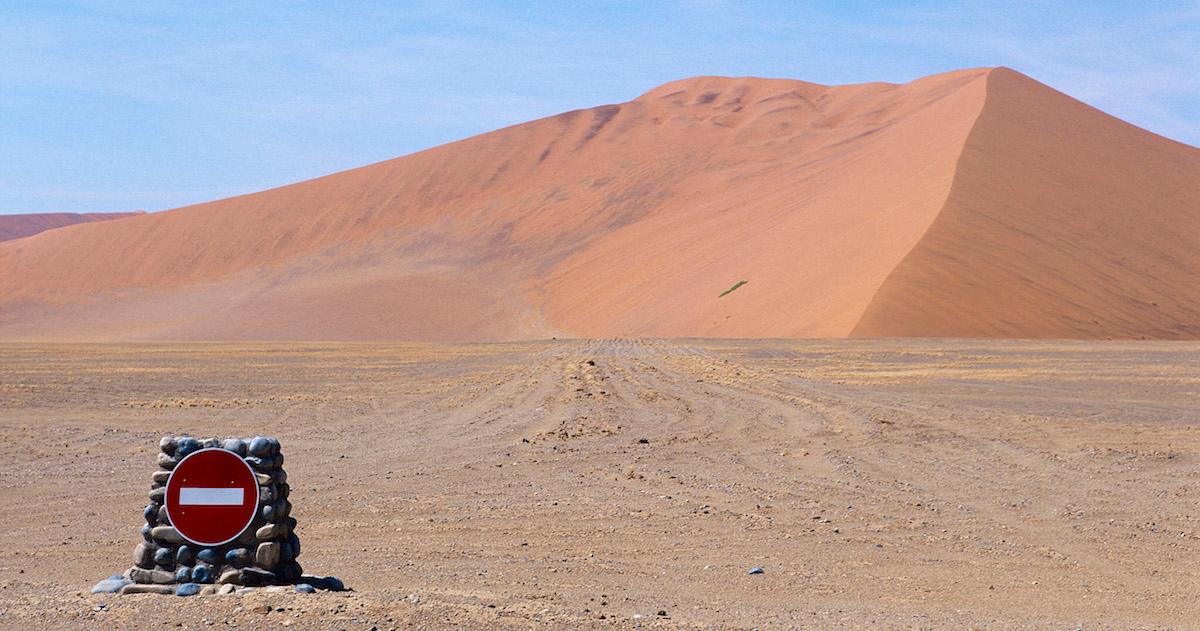
What causes desertification?
Desertification happens as the result of a long-term failure to balance the demand for and supply of ecosystem services in drylands. Human beings, crops, animals (including those being raised as livestock) are demanding. We all need food, space, and water. Hydration is already fairly hard to come by in arid and sub-arid regions, so adding any external or unforeseen stressors into that already delicate balance can throw everything off entirely.
Climatic factors due to global warming can result in droughts caused by increased global temperatures. This reduction in fresh water can sound a death knell for a drylands community and affect all the living things that dwell within that biome. Population growth and an increased need for food and other resources are already putting pressure on many ecosystems. Drylands are no different.
How serious is desertification?
Desertification is a major international concern that does not seem to be slowing down. According to the United Nations Environment Programme (UNEP), desertification has affected 14 million square miles of land and the lives of 250 million people. It’s such a persistent issue that UNEP’s estimation is that 135 million people may yet be displaced by 2045. This grim prognostication makes it one of the most severe environmental challenges facing humanity today. The problem is, not many people are aware of it.
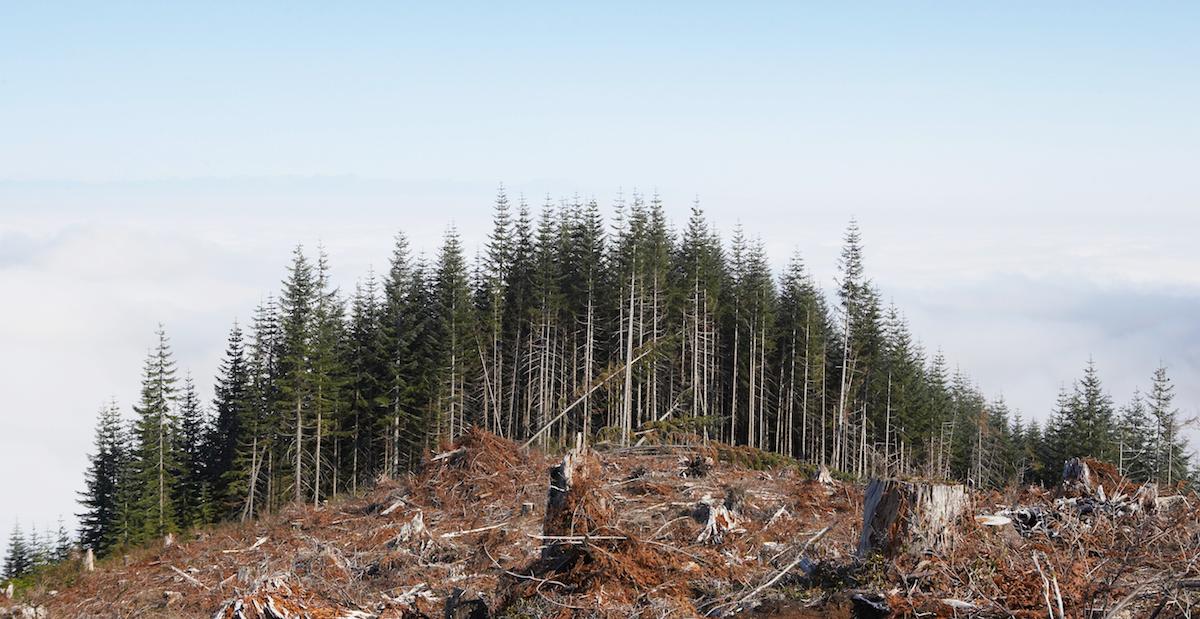
How do we combat desertification?
Global warming, pollution, climate change, and deforestation are all eco-friendly buzzwords. These once-innocuous words have become part of our cultural conversation, and that is a good thing. Words have the power to inspire action, it makes them powerful. Understanding the effects of desertification and bringing it into the global lexicon, is the only way to combat the phenomenon itself.
Individually, one way to combat these types of global problems is to decrease your own environmental impact. Using less energy, driving less, and living a vegan lifestyle can all reduce your individual carbon emissions, which, in turn, helps combat climate change. As far as the world governments are concerned, though, the problem is already being dealt with — as much as it can be, anyway.
It’s a no-win situation, really. Whichever way you turn or twist, human lives hang in the balance. Without places to grow the necessary food to feed our burgeoning population, people will starve. Without water, they will die of thirst. But if we keep using the soil to the point that it is so degraded that nothing can grow, we will be left with neither. The best we can do is curb our environmental impact in whatever way we can, and hope that new eco-friendly practices and technologies will soon be available.